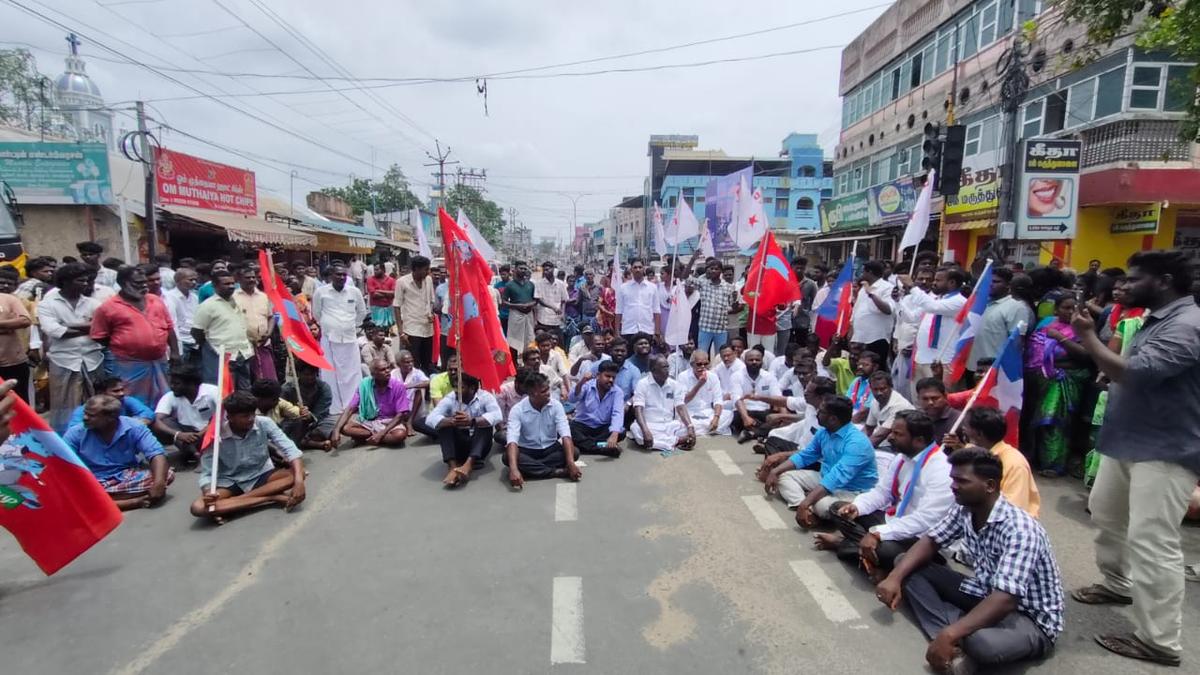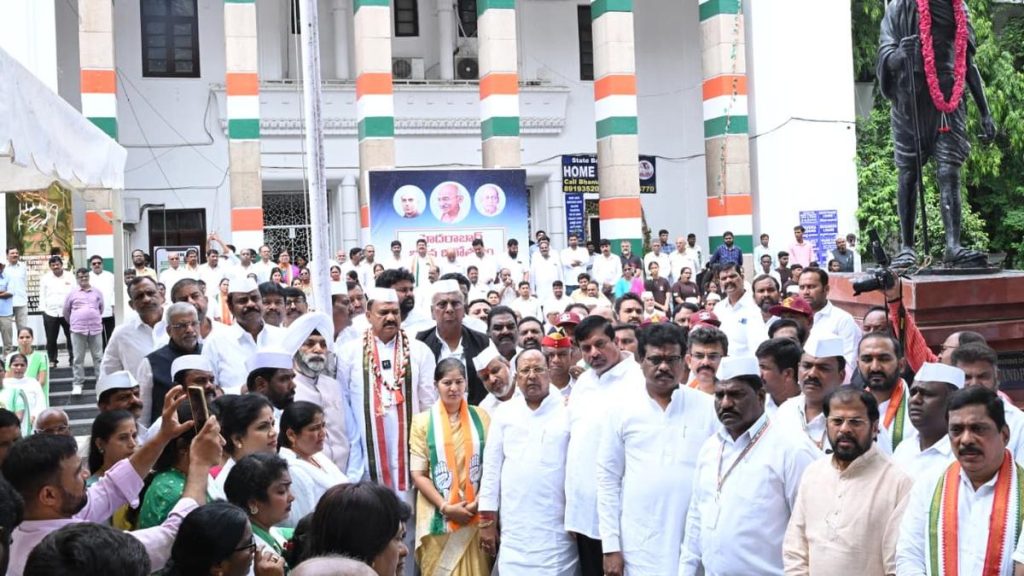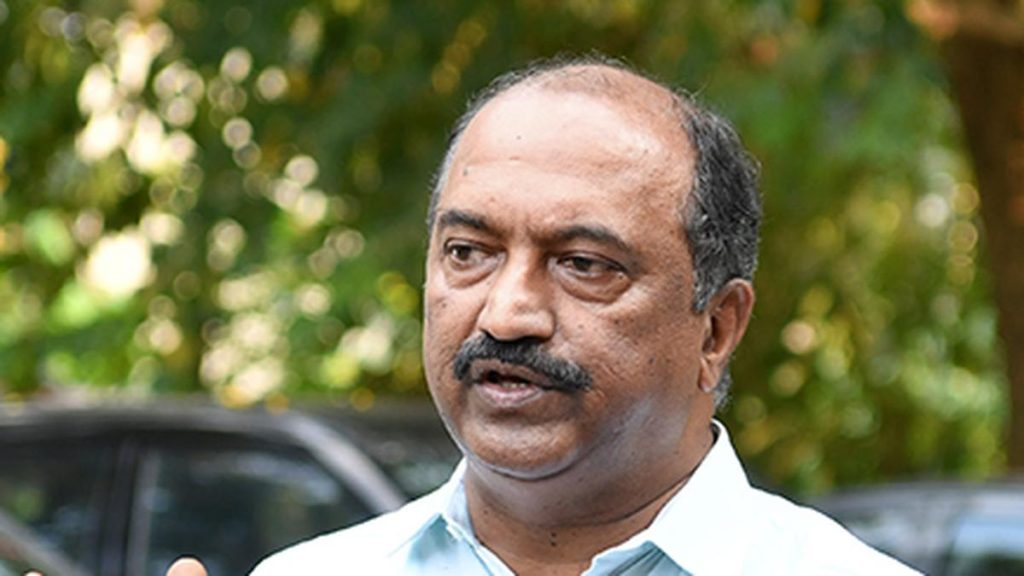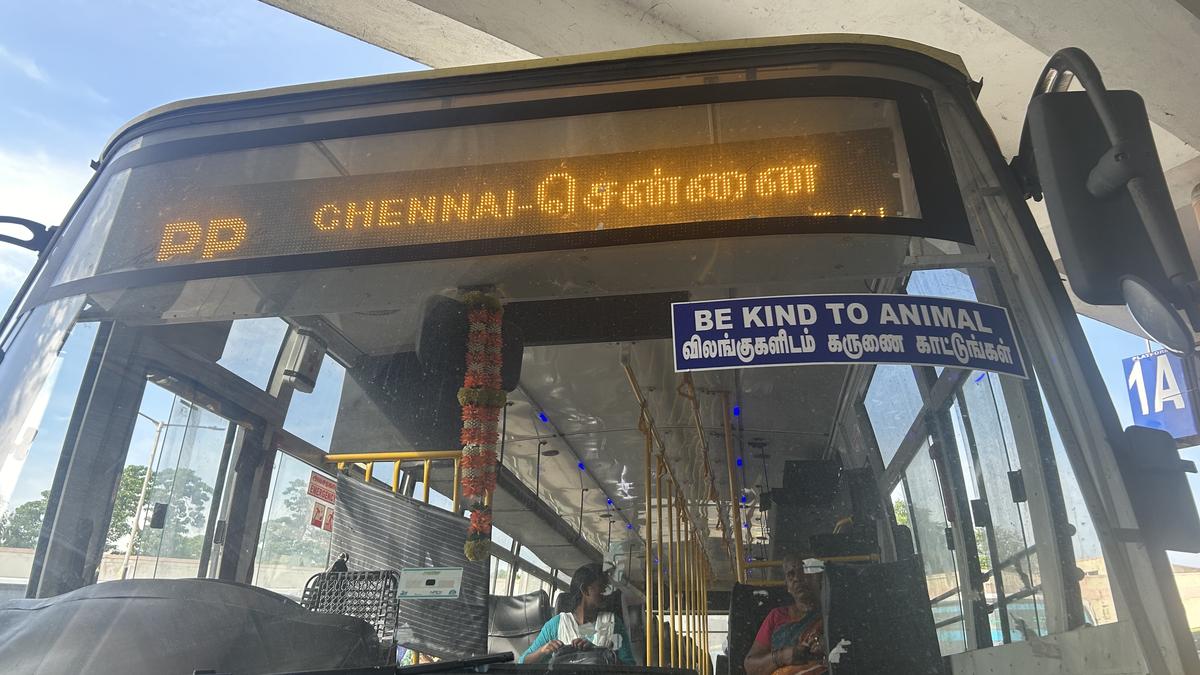Now Reading: SC Youth Killed Over Inter-Caste Relationship Near Mayiladuthurai; Hunt for Suspects Underway
-
01
SC Youth Killed Over Inter-Caste Relationship Near Mayiladuthurai; Hunt for Suspects Underway
SC Youth Killed Over Inter-Caste Relationship Near Mayiladuthurai; Hunt for Suspects Underway

Quick Summary
- Incident: A 28-year-old Scheduled Caste youth,vairamuthu,was hacked to death near Mayiladuthurai on Monday night,allegedly due to his long-term relationship with Malini,a woman from the same village.
- Relationship Opposition: Both belonged to the Scheduled Caste community; tho, Malini’s mother (from a different caste) reportedly opposed the relationship.
- Sequence of Events:
– Police mediated family complaints on September 14; Malini reaffirmed her decision to marry Vairamuthu and moved in with him.
– On Monday night, while returning home after Malini went to Chennai for marriage documents, Vairamuthu was attacked by an unidentified gang wielding sickles near Adiyamangalam. He died en route to the hospital due to severe injuries.
- Investigation Status: Superintendent of Police G. Stalin reported that ten persons have been detained for questioning. Four special police teams are formed to apprehend remaining suspects.
- Protests: Political parties and social organizations staged road blockades demanding arrests under SC/ST (Prevention of Atrocities) Act and compensation for the victim’s family. Highway traffic was disrupted and later diverted as protests shifted near a bus stand amidst ongoing talks with police officials.
- CPI(M) Allegations: CPI(M) State Secretary P. Shanmugam called it an “honour killing,” condemning lack of protection despite prior threats made against Vairamuthu in police presence. He demanded arrests under SC/ST Act alongside compensation, government support measures for the family, and enactment of special laws against caste-based honour killings.
Indian Opinion analysis
The tragic killing underscores persistent socio-cultural tensions surrounding inter-caste relationships in India despite evolving legal frameworks promoting equality. While initial accounts suggest personal disputes intertwined with caste dynamics played pivotal roles,clarity on motive remains dependent on thorough law enforcement investigation.
The case highlights two key implications:
- The role of proactive policing in addressing escalating threats tied to sensitive socio-cultural issues like potential caste-based conflicts requires greater emphasis as prior warnings reportedly went unaddressed hear.
- The broader calls for legislative action such as specialized laws tackling honour killings reflect recurring patterns resonating across regions that publicly resist entrenched biases but struggle practically integrating social harmony.
Resolving this case comprehensively is vital not only for immediate justice but also as precedent confirming zero tolerance toward atrocities linked directly or tangentially with caste prejudices-a cornerstone India’s democratic ethos prioritizes yet continues grappling substantively aligning reality across its vast identity landscape.Read More
























